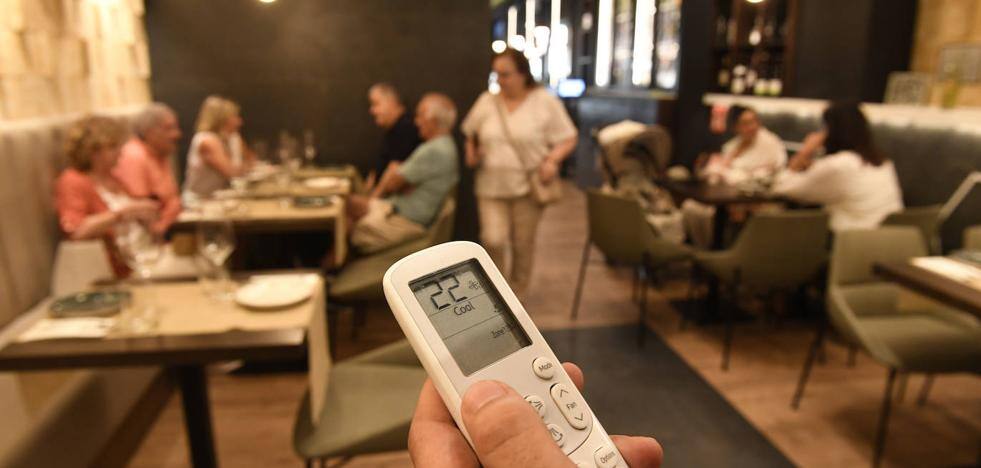In recent months, Russian President Vladimir Putin has never tire of emphasizing that the West’s “economic blitzkrieg” has failed. Still, the effects are clearly visible in some cases – according to a report, the effect of the sanctions will apparently increase.
Most recently, even the Kremlin chief had to admit that the damage to the Russian economy was extensive. However, he remained convinced that the West would suffer more from the sanctions than Russia. This would also be apparent from the – state-supported – ruble, which has even increased in value since the start of the war of aggression.
effects already visible
One cannot fully understand this from the EU side: “The available evidence clearly shows that the sanctions are working,” said a senior EU official, who declined to be named by the German news agency.
Despite the relatively short period to date, significant effects on the Russian economy have already been achieved. It is also clear that the effect will become even stronger over time.
Growth forecasts clear
Specifically, the EU currently expects Russia’s economic output to contract by 10.4% this year. In comparison: in the EU, despite the consequences of sanctions and war, economic growth of 2.7 percent for European companies is expected this year, in Austria the expected value is even higher at around 3.7 percent.
situation getting sadder
While officially Russia is still demonstratively quiet, a closer look paints a different picture: In Moscow, Russia’s largest city, many Western retail chains have closed and entire rows of stores are empty in malls. Movie theaters have to close because there are no more Hollywood movies. In the meantime, there is even a lack of color for colorful packaging.
The Kremlin doesn’t want to be deterred (yet) from its path: the sanctions would never steer Russia off course – and with the possible end of gas supplies due to “illegal sanctions”, massive work has been done recently on the big energy supply bogeyman.
China can’t absorb everything
According to EU experts, the sanctions will nevertheless force Russia to change its economic model and move further towards a self-sufficient economy. At the same time, supply chain problems and lack of access to advanced foreign technologies would hamper domestic production, investment and productivity growth.
It is considered unlikely that Russia itself or through exports from countries such as China will be able to meet the need for goods on the sanctions list.
Negative consequences of war also hit the EU hard
Logically, however, the EU is also affected by the sanctions. In addition to the immediately noticeable energy prices, the import bans on steel products from Russia had the biggest impact on EU countries, according to the EU experts – before the war 21 percent of imports came from there.
Brussels also sees the prices of agricultural products as negative consequences of the war for the EU. For example, after the start of the Russian invasion, the already relatively high prices for wheat rose by another 35 percent, for maize by 15 to 25 percent and for sunflower seeds by about 33 percent.
Source: Krone
I’m Wayne Wickman, a professional journalist and author for Today Times Live. My specialty is covering global news and current events, offering readers a unique perspective on the world’s most pressing issues. I’m passionate about storytelling and helping people stay informed on the goings-on of our planet.



